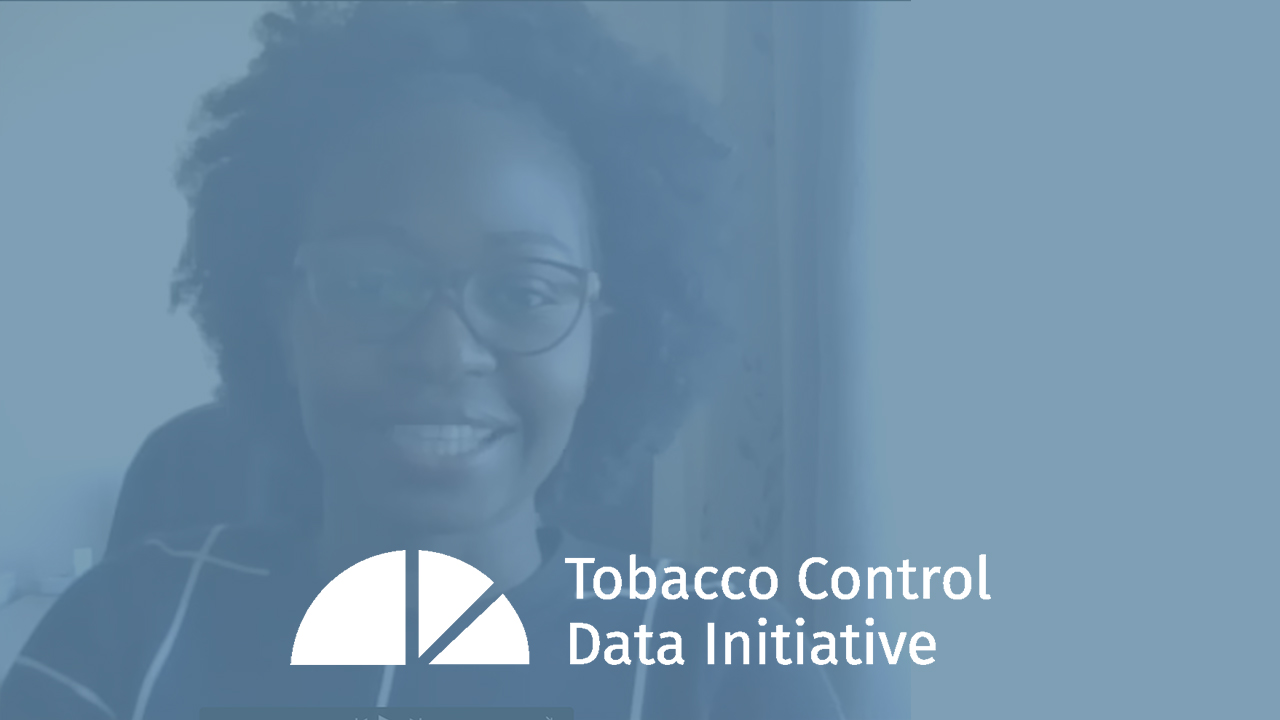
Stories, ideas, and updates from DGers around the world
The Development Gateway: An IREX Venture blog is where DGers share specific learnings, offer thought-provoking insights, and pose challenging questions for the sustainable development community derived from our work.
Our blog has a deep archive going back to 2005. Each post is a snapshot into our work, priorities, and values.
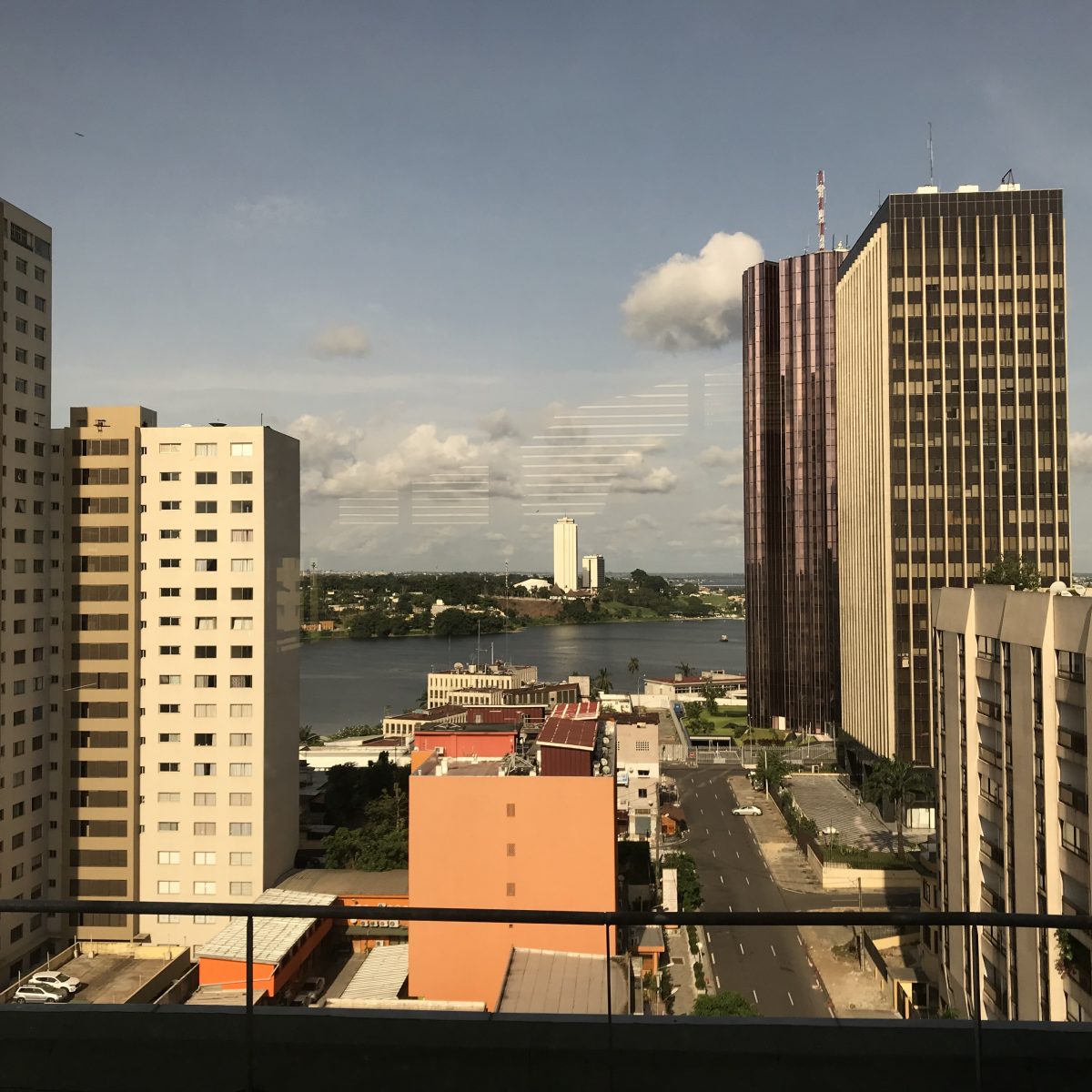
Improving the National Ministry of Education’s Information Management System
DCDJ Data Fellows assigned to work with the National Ministry of Education in Côte d'Ivoire proposed new methods of data collection based on data collection officers’ needs. They introduced Tableau as a new way of visualizing data and creating dashboards, and conducted in-person introductory training sessions of the tools – working with partners to ensure they understood the benefits of the tool and can use them independently.
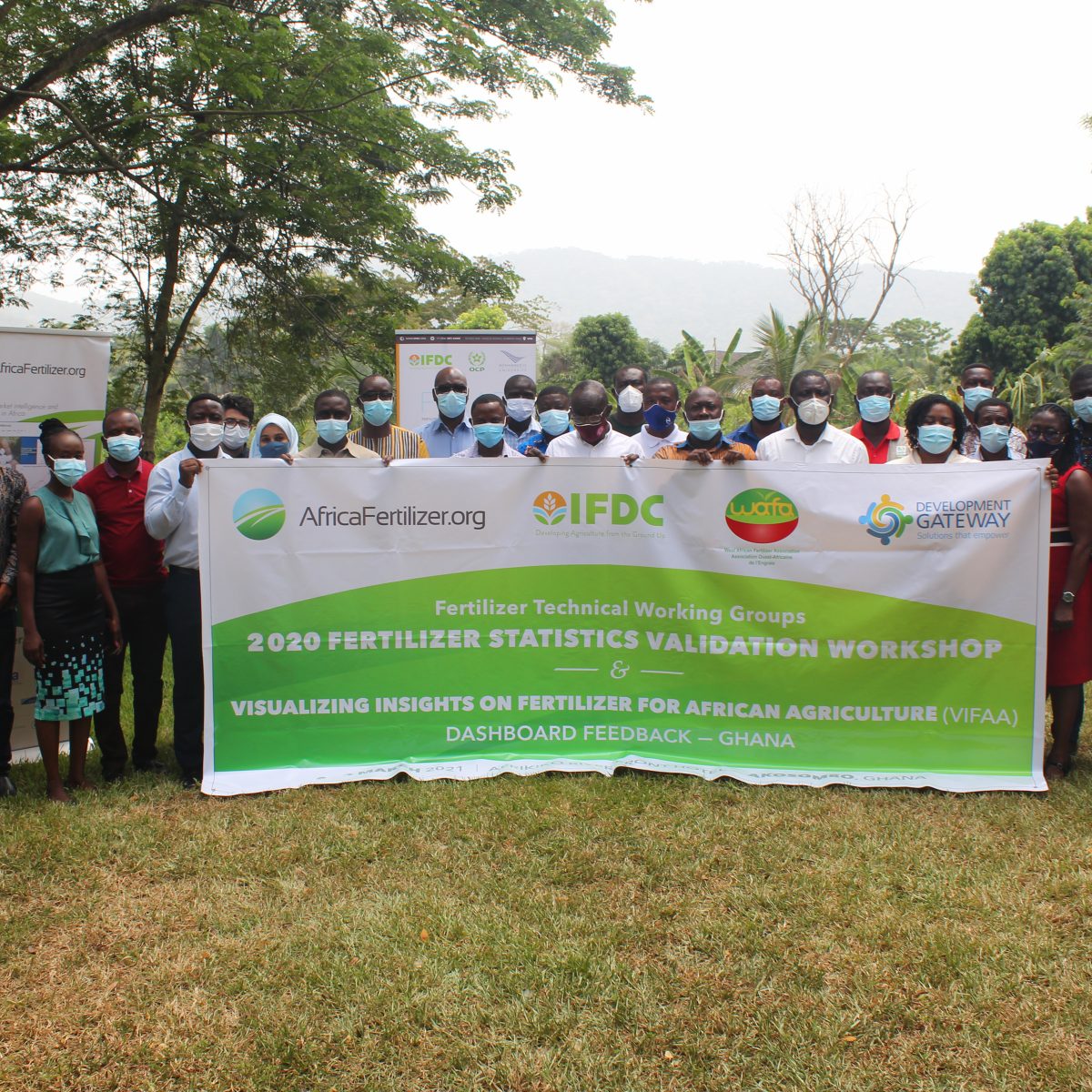
One Step Closer to the Ghana VIFAA Dashboard
In partnership with Africafertilizer.org, the International Fertilizer Development Center, the Ghana Ministry of Food and Agriculture, Ghana Statistical Service, the Ghana Revenue Authority, Ghana Cocoa Board, and other partners, DG had a soft launch of the new Ghana fertilizer dashboard.
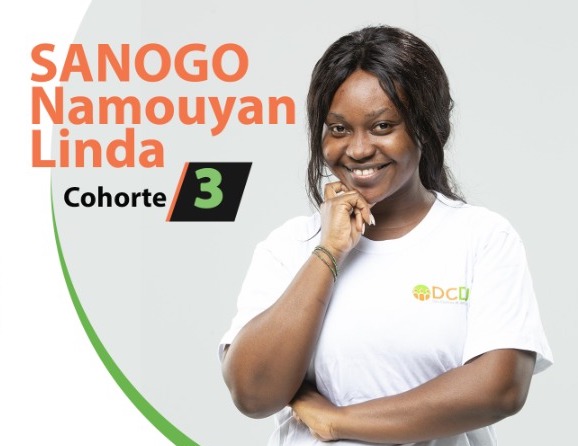
Empowering Counselors and Social Workers with Rapid Access to Patient Information
Linda Sanogo, a DCDJ Fellow in Côte d’Ivoire, worked with a community health facility to develop and train staff on a new database, as well as complete training on other IT systems. Because of Linda’s support, the facility has reduced the number of hours spent managing patient records, and opened up more time to ensure high-quality care.
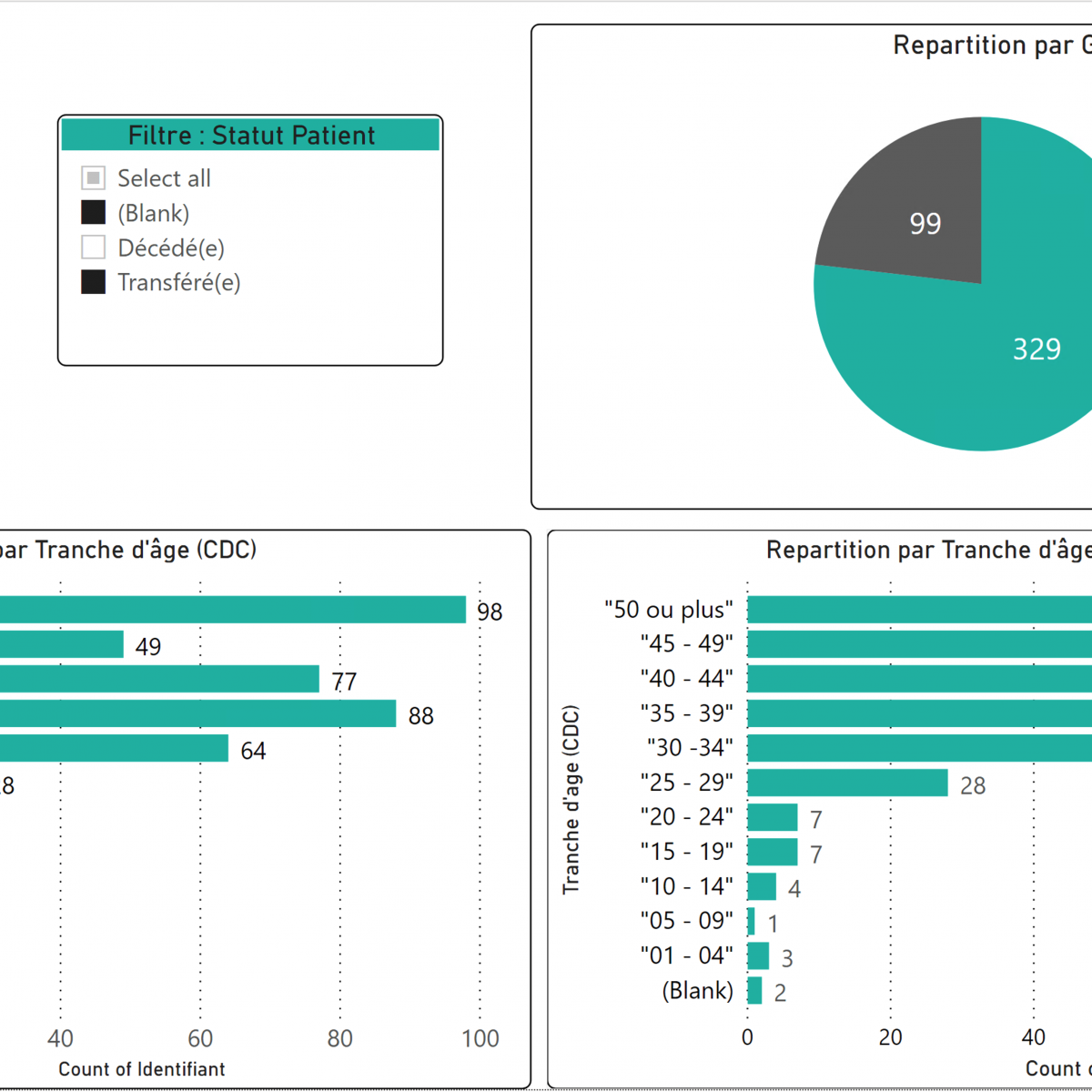
Using Data to Build Health Resilience From the Ground Up in Côte d’Ivoire
Across Abidjan, health facilities have varying levels of technical capacity, data infrastructure, and management practices to access patient health data. Through the DCDJ program, Fellow determined that a national health site performance dashboard would bring critical information together to better manage appointments, treatment plans, and patient information.
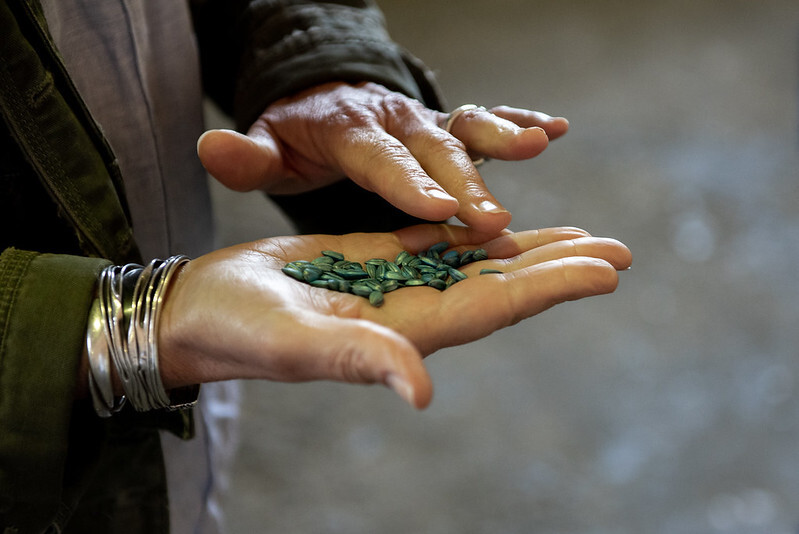
One Year of TASAI-VISTA
From the creation of survey tools to stakeholder mapping, one year into DG's partnership with TASAI, the Visualizing Information on Seeds Using Technology in Africa (VISTA) program has made great progress.
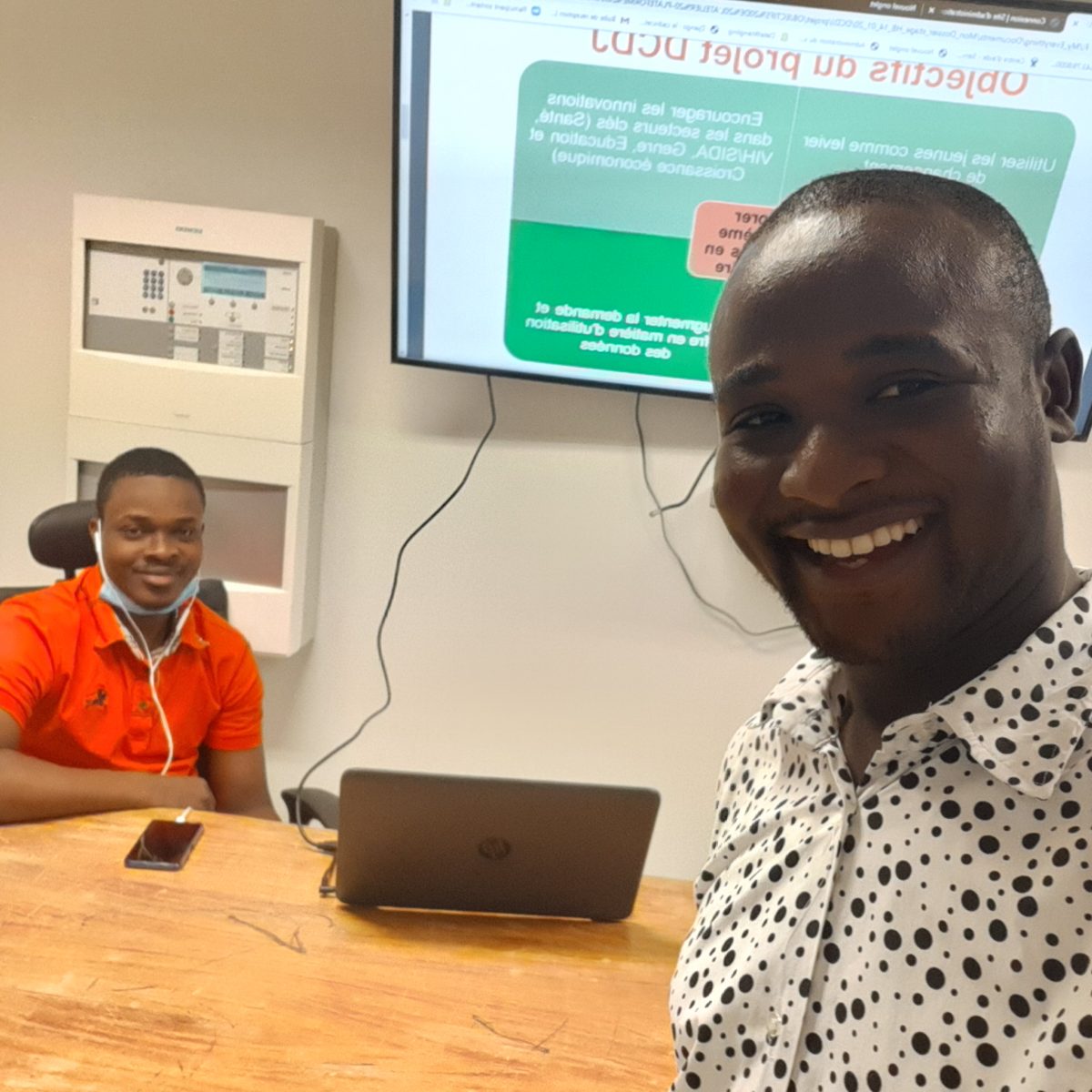
Digitizing Patient Records for Improved Patient Care
Blanchard Kablam, a DCDJ Fellow in Côte d’Ivoire, developed an app that digitizes the filing system of Houphouët-Boigny General Hospital. Through the app, the hospital reduced the number of hours spent tracking down patient records by 75% - and can see more patients per day, provide better service, and reduce patients categorized as interruption in treatment.
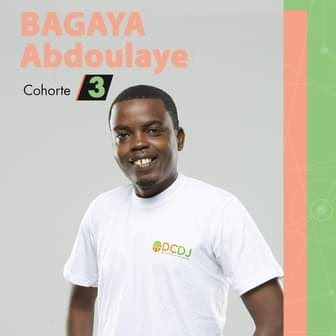
Streamlining Doctor-Patient Communication to Personalize Care
Abdoulaye Bagaya, a DCDJ Fellow in Côte d’Ivoire, developed an app for FSU COM Abobo Sagbe hospital during his 7-month internship placement. The app helps community counselors, healthcare assistants, and clinic counselors manage patient contact and treatment information.
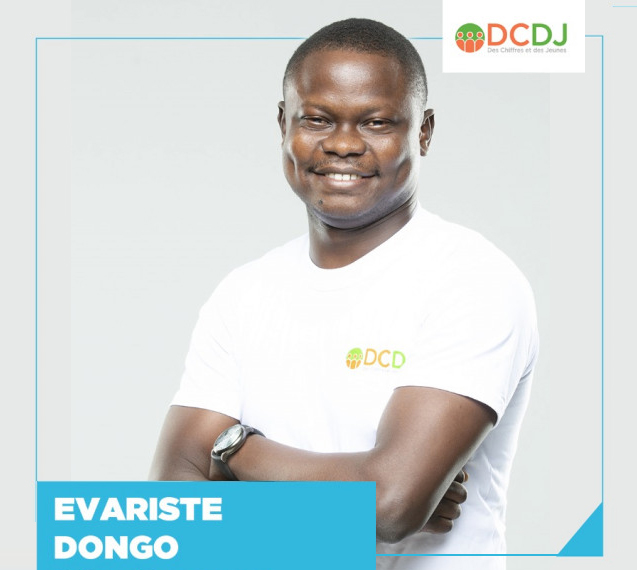
Using Data on Traditional Medicine to Help Trace HIV/AIDS Outcomes
DCDJ Fellow, Dongo Evariste, built a data management tool to help traditional medicine centers in Côte d'Ivoire trace HIV/AIDS outcomes.
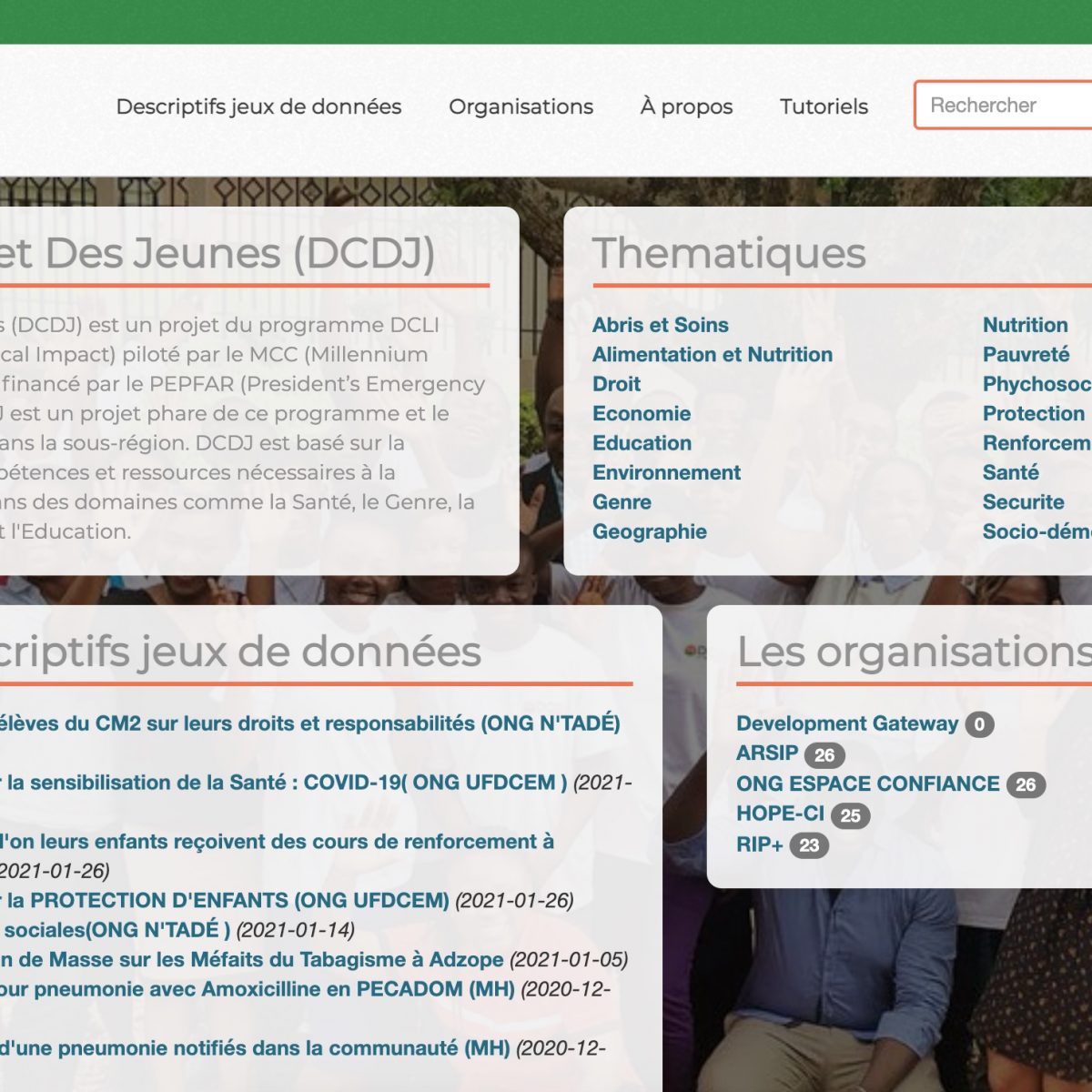
Developing a Local Level Data Inventory
Working with local partners in Côte d'Ivoire, our DCDJ program built a searchable list of hyper-local datasets across the country related to topics of community interest. Through this inventory, local officials, clinicians, community groups, researchers, and others can contribute to and access information on datasets in the community.
TCDI Kenya Assessment Findings
The Tobacco Control Data Initiative (TCDI) team in Kenya recently interviewed key tobacco control stakeholders to better understand data gaps and priorities. Learn more about the findings, which will be used to inform the development of a dashboard that will support decision-making in tobacco control.
